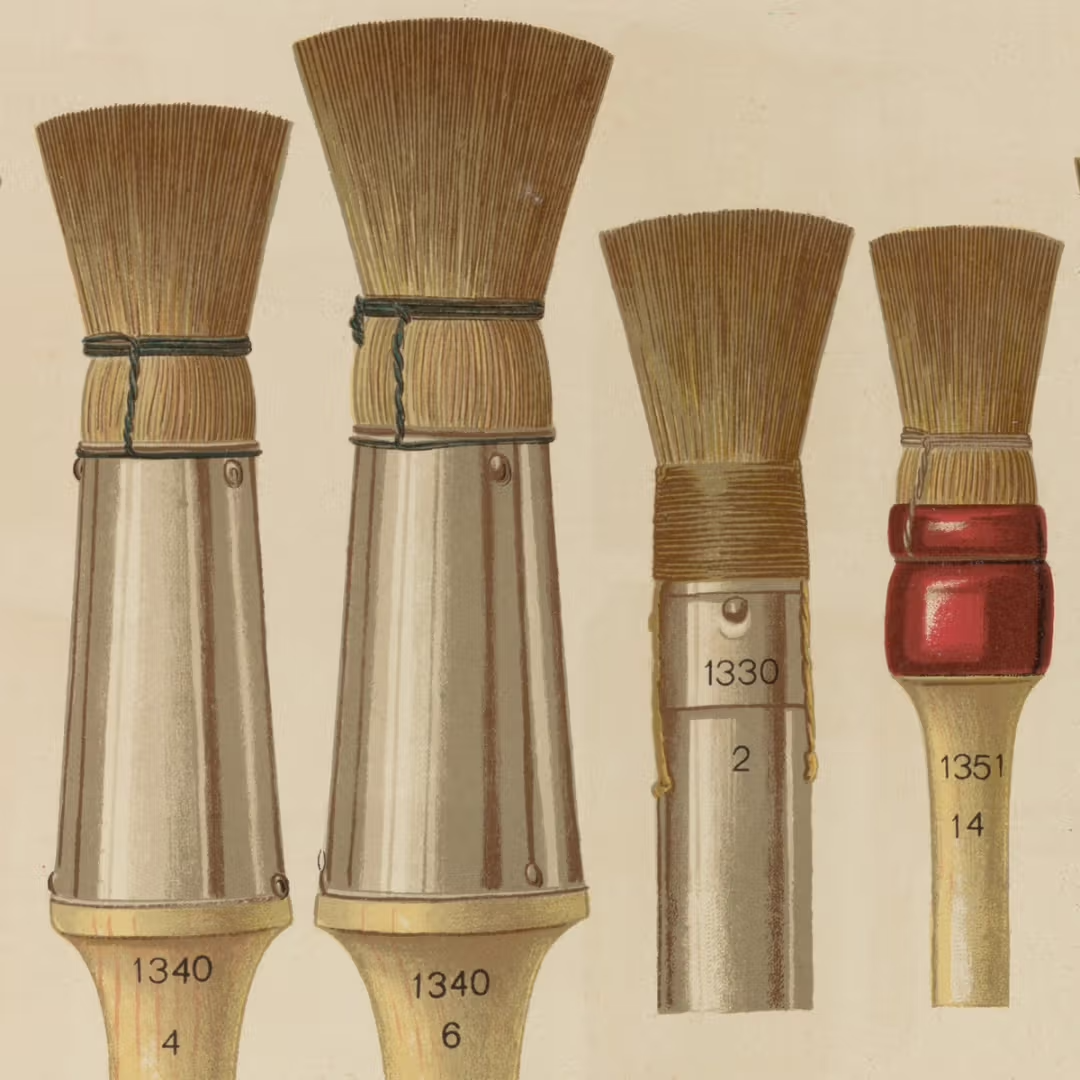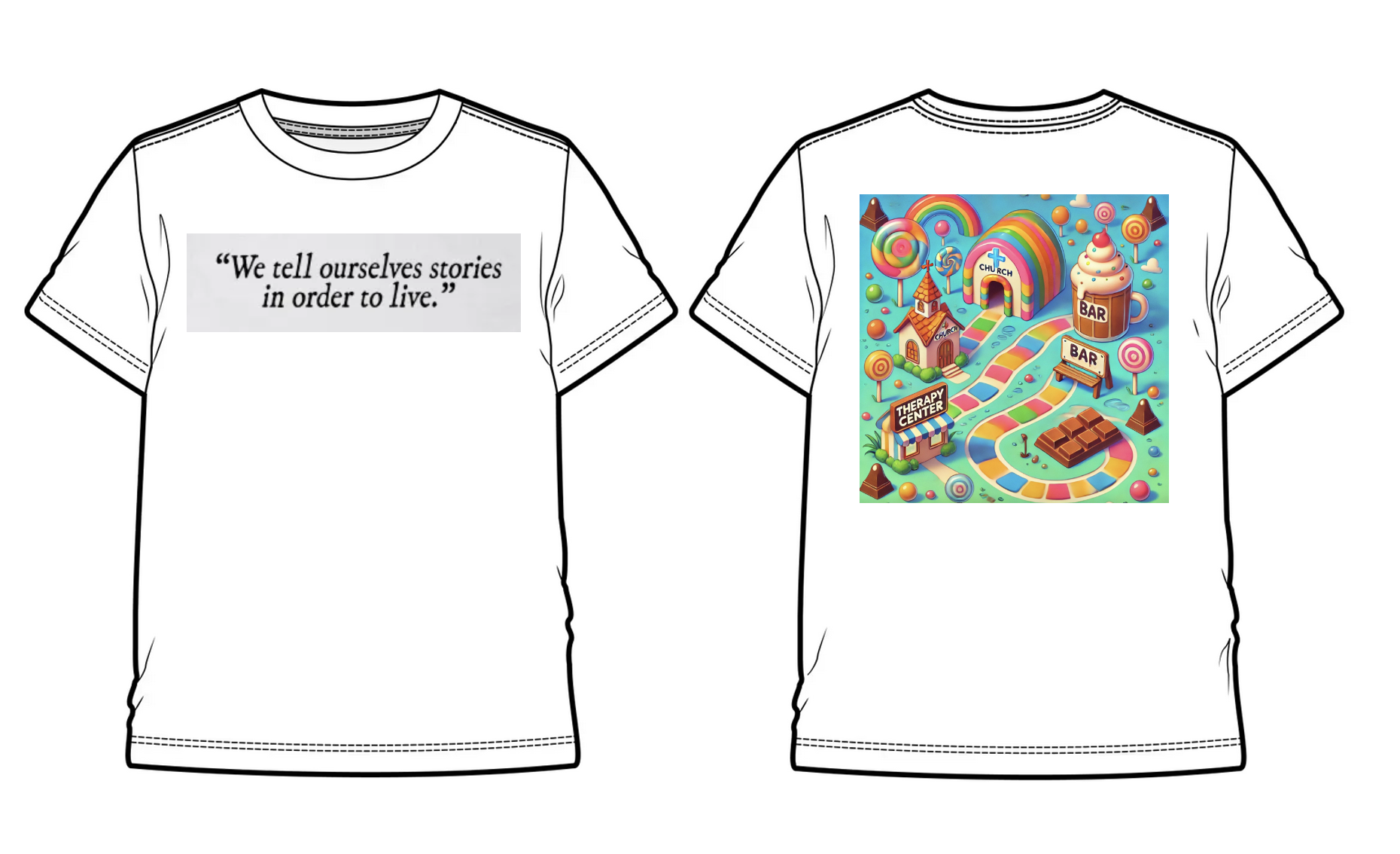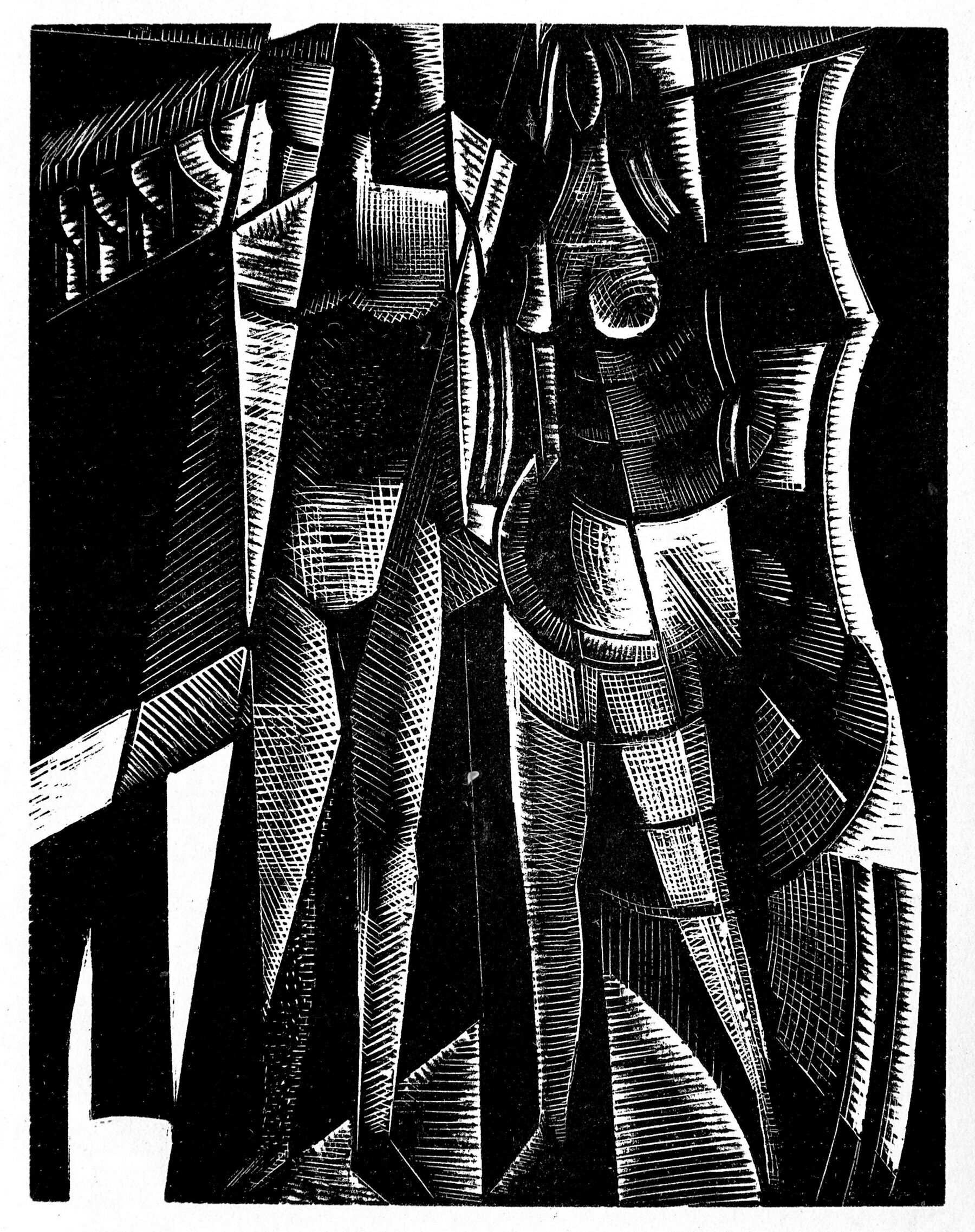An exhibition of trade catalogs! This is so down my alley.

Ian Leslie: “Once you start thinking about the distinction between charisma and charm you see it everywhere.” It’s true!
It’s true what they say: I would make a darn good Archbishop of Canterbury. But I have too much on my plate right now to take on another job. Sorry.
All those “writing in the age of Trump” essays aged like milk. I still don’t want to reread them even now that we’re in a Second Age of Trump! I want to read essays about how to slow down or ideally stop a militarized ICE when it tries to purge “illegals” (anyone brown) from my campus. Or I want to read essays about Sir Thomas Browne’s theory of the occult. I do not want to read essays about “Reading Sir Thomas Browne’s Theory of the Occult in an Age of Militarized ICE Purges.”
Waiting for a family member to come home.

Extremely Online and Incredibly Tedious | Rhian Sasseen:
We have entered a cultural moment in which it is fashionable to admit to language’s futility. It is a mark of sophistication now to yawn that it’s all rhetoric, and isn’t that enough? Why try to make writing sound interesting, why try to argue something unexpected, when all attempts to mold and shape a language will ultimately fall flat? Bad writing, self-conscious writing, comes out of an essential disillusionment with the one real tool that writers have. It is writing that postures, that is ready to claim, at every criticism, that oh, you just don’t get it. The sarcasm functions as a protective armor, but unlike real irony, no hypocrisies are exposed.
Rebecca Solnit on David Graeber:
That joy: maybe this is how everyone should feel about ideas and the ways that they open up or close off possibilities. The way that, as he wrote, “The ultimate hidden truth of the world is that it is something we make and could just as easily make differently.” If you truly believe that, if you perceive a world that is constructed according to certain assumptions and values, then you see that it can be changed, not least by changing those assumptions and values.
We have to recognise that ideas are tools that we wield – and with them, some power. David wanted to put these tools in everyone’s hands, or remind them that they are already there. Which is part of why he worked hard at – and succeeded in – writing in a style that wasn’t always simple but was always as clear and accessible as possible, given the material. Egalitarianism is a prose style, too. Our mutual friend the writer, film-maker, and debt abolitionist Astra Taylor texted him: “Re-reading Debt. You are such a damn good writer. A rare skill among lefties.” He texted back that August, a month before his demise: “Why thanks! Well at least I take care to do so – I call it ‘being nice to the reader,’ which is an extension of the politics, in a sense.”
Angus is either unaware of or indifferent to the work I need to get done this morning.

When I suggest we need more Christian politics rather than less, I can imagine my secular progressive neighbor getting anxious, as if theocracy is around the corner. But in fact, the opposite is true. All should hope for a more Christian politics. What currently passes for Christian politics is a sub-Christian syncretism that prays to a vaguely moralistic god who plays favorites, a deity of our making whom we trot out to license nationalism and self-interest. This politics shows no signs of being disturbed by the cross, the ascension, or the eschaton. It is concerned only with winning, revenge, and resentment. In other words, our so-called Christian politics have been captivated by the liturgies of the earthly city rather than the city of God.
Here’s a quick post that’s a bit about journalism and a bit about hypertext and the power of the link. Note that while most social media platforms don’t enable proper web links, like the one in the previous sentence, micro.blog does. Another win for micro.blog!
In ev’ry government, though terrors reign,
Though tyrant kings, or tyrant laws restrain,
How small of all that human hearts endure,
That part which laws or kings can cause or cure.
— Oliver Goldsmith
The estimable and always thoughtful A. M. Juster reviews The Shield of Achilles. I am grateful for his kind words about my introduction, sorry that I was unable to convince him of the book’s excellence, and of course deeply wounded that he thinks Edward Mendelson wrote the notes. In fact, I did.
Based on that new post of mine, my friend Rick Gibson is having a t-shirt made up for me.





